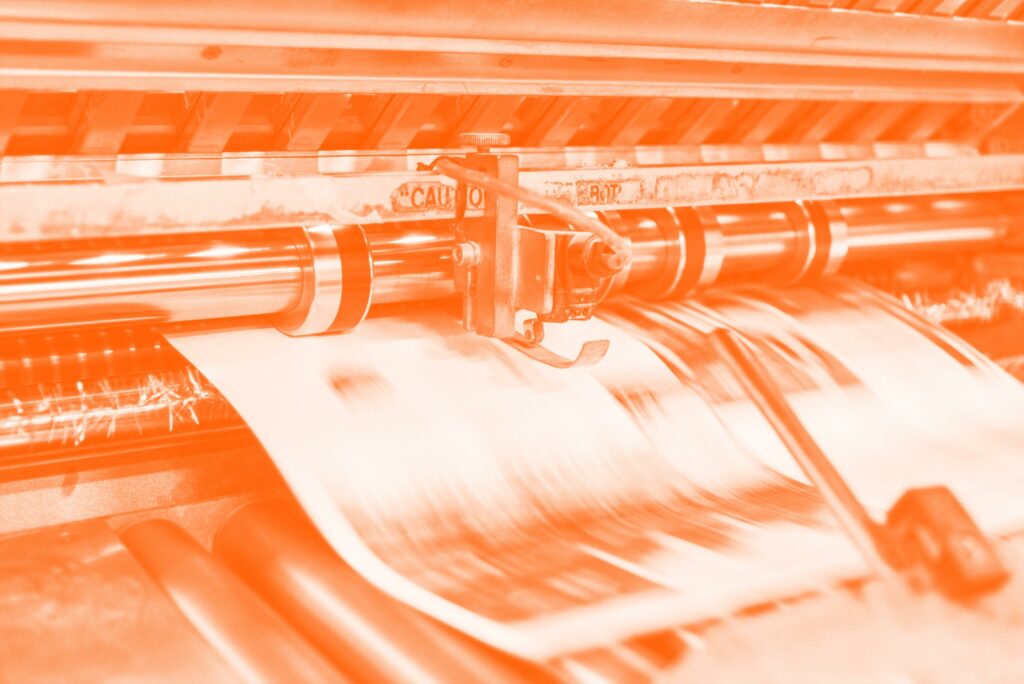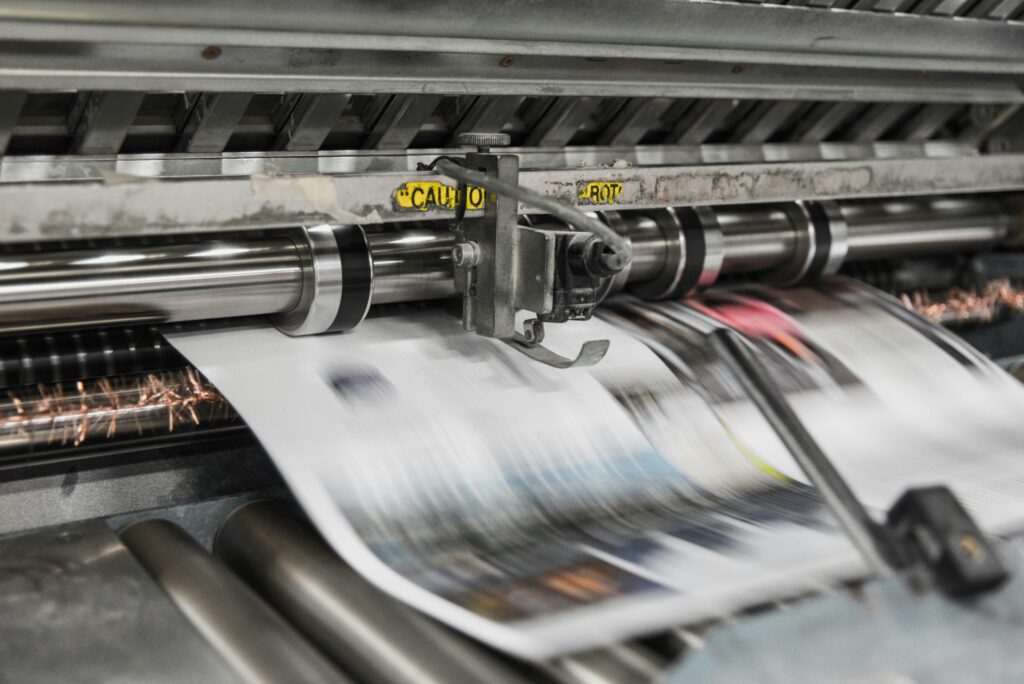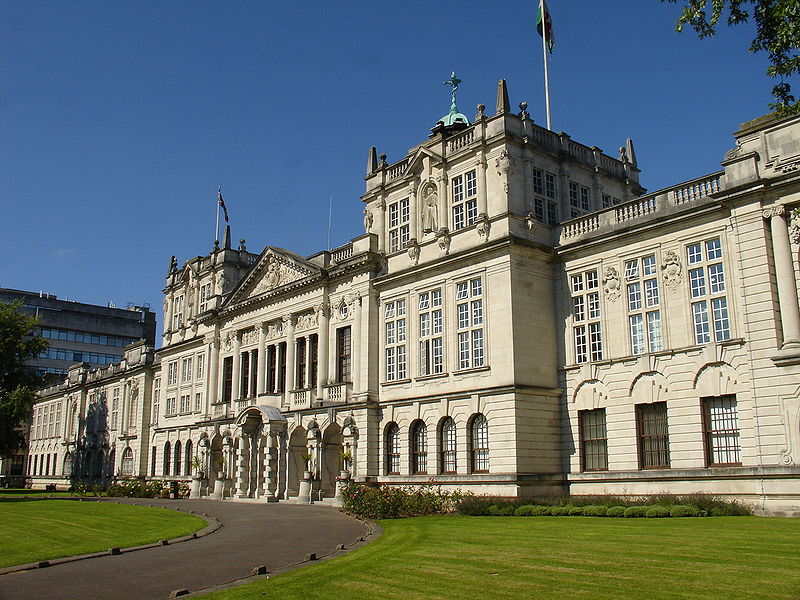Dylan Moore says Welsh people want and deserve better access to news they can trust, and we must listen to their ideas about how to do this
There is something refreshing when people state their opinion in unambiguous language. That’s why, whether you agree with him or not, Guto Harri made headlines last week when he said ‘there seems to be a beige, soggy consensus’ within Welsh media.
In broad terms, we agree with Harri’s identification of one part of a bigger problem. The Welsh media and the democracy it serves are in poor health. That’s why we’re working with a range of partners to lay solid foundations for a new public square, for a Welsh media that serves people and communities.
But we profoundly reject Harri’s vision of a London-shaped media transposed to Wales.
This week, we are launching new research – conducted in partnership with The Open University in Wales – suggesting that people across the country are crying out for a different kind of media here.
A media that educates. A media rooted in local communities, that respects the languages of Cymru and the diversity of its people and the very different culture around politics here. A media they can trust.
A ‘little less cosy’ press is certainly something for Wales to aspire to, if what we mean by that is bursting the ‘bubble’ within which the political and media spheres coexist at a remove from the lives of ordinary people.
But far from being seen as a solution, our Citizens’ Panel agreed that the dominance in Wales of ‘robust’ London-based media is one of our central problems.
Instead they want more and better media regulation, more and better funding for local news, and more and better education for children and adults around citizenship and democracy.
There is certainly very little affection among the general population for the main sources of Welsh news, but there is also zero appetite for replicating the mode of the English press from glitzy offices in Cardiff.
Negative opinions were also expressed about social media, whose content could be ‘true, an opinion, or outright lies’, and our Panel members expressed frustration that fact checking on sites such as Facebook and Twitter was not always easy or straightforward.
In general, the fifteen members of our Citizens’ Panel – recruited by The Sortition Foundation, who ensured that the makeup of the group reflected wider Welsh society – were fairly confident in their own levels of media literacy, but most admitted having a low level of confidence in their knowledge of politics, particularly at a Wales level.
They also made explicit the link between a perceived lack of clarity and accessibility within the Welsh media and the widespread lack of knowledge about and engagement with formal politics, as well as low turnout figures in elections.
Gofod i drafod, dadlau, ac ymchwilio.
Cefnogwch brif felin drafod annibynnol Cymru.
Politics was perceived as a difficult subject, and the media not particularly helpful in providing information about it that ordinary people can understand. Some participants expressed concern about the influence of powerful media moguls like Rupert Murdoch, while others’ lived experiences of dealing with democratic systems and processes also coloured their views, such as difficulties navigating local authority bureaucracies.
It was widely agreed that there is a disconnect between the type of politics reported on the news and real issues felt to affect people’s lives in their local communities.
Sometimes this manifests as a media focused on politicians as a category of celebrity rather than one which was primarily focused on detailed examination of policies. Some participants also felt politicians were ‘savvy’, using the media only when it suited their agenda, and that ‘they only engage the public at election time’.
We all want a media that offers robust challenge and scrutiny of our elected representatives, but advocating for more of the sensationalist and aggressive race to the bottom that characterises much of the British press, with its animating dynamic of exploiting social tensions over class and status, race and immigration, is the opposite of what Wales needs. Neither is it what people here want.
In their deliberations, facilitated by Mutual Gain, our Citizens’ Panel discussed a wide range of potential interventions, and the report we launch later this week will expand on their recommendations.
For them, and for us, Wales’ media and democracy will become ‘robust’ not when our journalism becomes – in the words of Guto Harri – more ‘muscular’, ‘brutal’, ‘tough’, ‘harder hitting’ and ‘prepared to kick you’, but when – in the words of former UN Secretary General Kofi Annan – we have ‘an educated electorate… an informed citizenry [and] an enlightened… democratising government.’
The former approach will not lead to the latter result.
We need to do things differently, and dare I say, more kindly; bottom-up, with a diverse range of people – representative of everyone – involved at every step of the way.
By placing a high value on public interest journalism and investing in sustainable local and national media, it is possible for Wales to fix the problems that have beset us for decades. Not only that, but in doing so our ambition should extend to becoming an example for other nations and regions.
By doing things differently – and thereby short-circuiting the toxicity of so much of the London-based press – we can be a positive influence on the development of citizen-centric media across the UK, in Europe and beyond.
The key, of course, is funding. Market failure lies at the heart of so many of the problems identified and discussed by our Citizens’ Panel. Without significant investment, Wales’ media – and therefore our democracy – will continue to suffer.
Effective implementation of our recommendations will require significant resources – to fund and regulate new and existing media, and to invest meaningfully in high quality and extensive democratic and citizenship education in schools and communities. But such investment will be to the benefit of all of us.
That’s why our report is called Citizens’ Voices, People’s News: Making the Media Work for Wales.
Because in a healthy democracy it is an informed citizenry who hold governments to account – not powerful men being ‘muscular’ in television studios, ‘brutal’ in newsrooms or ‘prepared to kick you’ in the corridors of Westminster.
On 17 November, the IWA will present the work of a Citizens Panel that met this summer to discuss the question: ‘How well does the news help you understand politics?’, in partnership with The Open University in Wales. The event will further consider the role of deliberative conversation in democracy through a creative conversation with Dr Anwen Elias (Aberystwyth University) and Yvonne Murphy (The Talking Shop). You will also hear from writers on the past and present of broadcasting in Wales, while celebrating the launch of the IWA’s research that considers how the legal and regulatory frameworks might need to change to make public service broadcasting fit for a Wales of the future. Register now.





